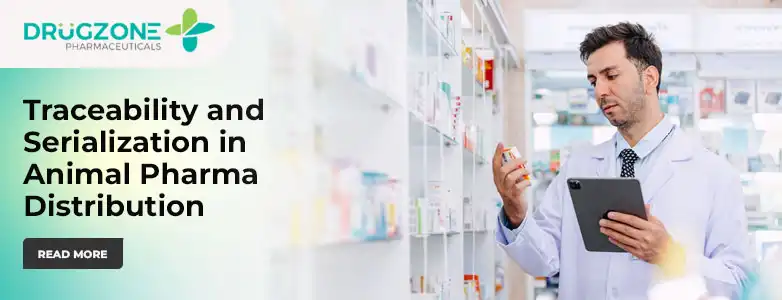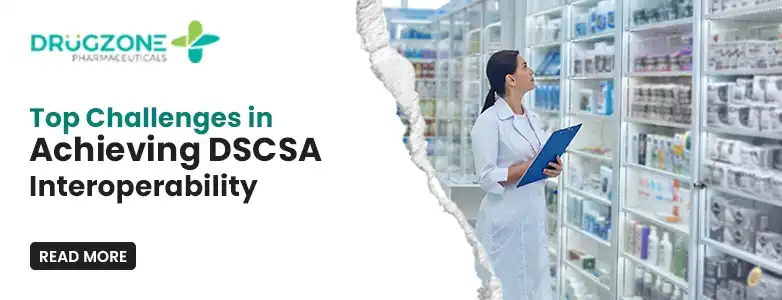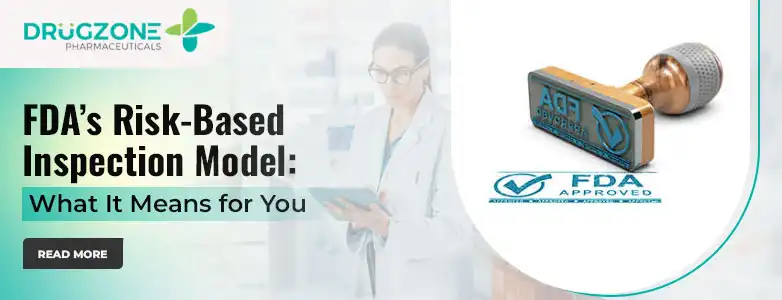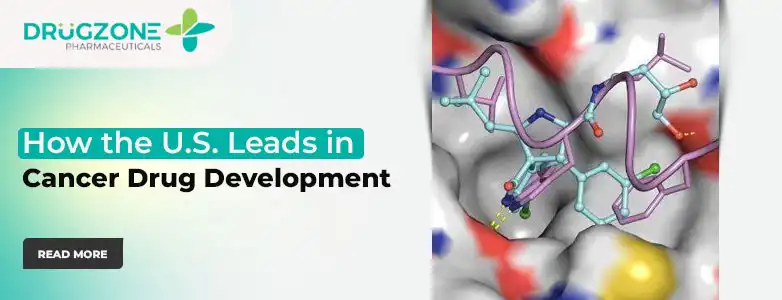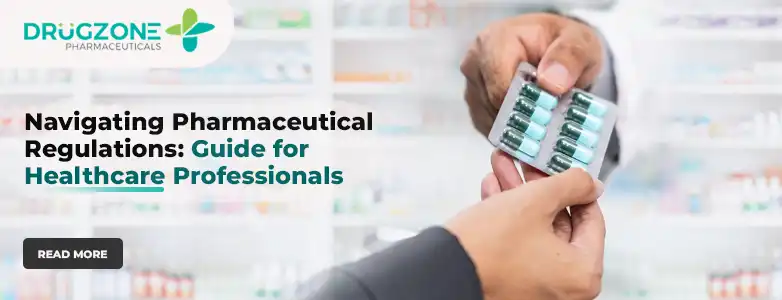
Posted On: November 27, 2024
Navigating Pharmaceutical Regulations: A Guide for Healthcare Professionals
As a healthcare professional, you might have often found yourself wading through the complex scenarios of pharmaceutical regulations. These rules are crucial for ensuring patient safety and drug effectiveness, but they can be tough to wrap your head around!
It can be daunting to keep up with legal jargon, constant updates, and compliance demands, which can ultimately add to your stress and pose potential risks to patient care.
Here's What You Need to Know About Pharma Regulations
Below, we have simplified the process by highlighting six key steps you need to effectively navigate the healthcare regulations.
1. Get to Know Your Regulatory Bodies
Healthcare professionals should first become familiar with the different regulatory bodies governing pharmaceuticals. In the United States, the Food and Drug Administration (FDA) plays a significant role. It ensures the safety, efficacy, and security of drugs.
Knowing what the organization oversees can help in understanding the rules that apply to pharmaceutical practices. Each agency may have specific guidelines for the approval in the respective countries. The same goes for labeling, and marketing of medications.
Staying informed about these different roles and responsibilities can streamline compliance efforts and improve patient care.
2. Stay Ahead of Regulatory Changes
Regulations in the pharmaceutical industry evolve regularly. New scientific discoveries, technological advancements, and emerging health threats often spark these changes. It's essential to stay up-to-date with the latest rules to avoid non-compliance.
You might also want to subscribe to updates from regulatory agencies. These resources offer valuable insights into upcoming changes and guidance on adapting practices.
Regular training and workshops can also help ensure that healthcare professionals are well-informed and compliant.
3. Understand the Drug Approval Process
The drug approval process can be complex and lengthy. Healthcare professionals need a basic understanding of how new medications move from development to market.
Typically, this involves a series of clinical trials, evaluations, and meticulous reviews.
Understanding this process helps in managing patient expectations and addressing questions about new treatments. You can also provide better advice on the potential benefits and risks of newly approved drugs.
4. Learn the Importance of Pharmacovigilance
Essentially, pharmacovigilance involves monitoring the safety of medications once they reach the market. It plays a critical role in detecting, assessing, and preventing adverse effects.
Healthcare professionals are at the forefront of reporting adverse drug reactions, and being vigilant about post-marketing surveillance ensures that potential issues are identified early.
Creating a culture of transparent reporting and open communication with regulatory bodies enhances patient safety. It's an ongoing process that reinforces the effectiveness and safety of pharmaceuticals.
5. Go Through Medication Labeling and Advertising
Medication labeling and advertising regulations ensure that patients receive clear and accurate information about drugs. Healthcare professionals should familiarize themselves with these requirements to guide patients appropriately.
Understanding what must be included on labels can help in verifying that patients use medications safely and effectively.
Awareness of advertising standards ensures that promotional materials align with regulatory standards. This knowledge supports informed discussions with patients about their treatment options.
We Simplify Pharmaceutical Regulations for Healthcare Providers
Understanding and navigating pharmaceutical regulations is, indeed, the key to ensuring patient safety and running a successful healthcare practice.
Drugzone recognizes the challenges these regulations can present. As seasoned pharma wholesalers, we are committed to providing not only a dependable supply of medications but also the guidance you need to stay compliant with the continuously evolving pharmaceutical laws!
Frequently Asked Questions (FAQs)
Q. What challenges do healthcare professionals face with pharmaceutical regulations?
They often find it difficult to keep up with changing rules and manage the extra paperwork required.
Q. How can I keep my practice up to date with pharmaceutical regulations?
Stay informed by attending training, subscribing to updates from regulatory bodies, and regularly reviewing your practice's compliance.
Q. What resources help with understanding new regulations?
Look for online courses, webinars, and updates from professional organizations. Consulting with regulatory experts can also be helpful.

